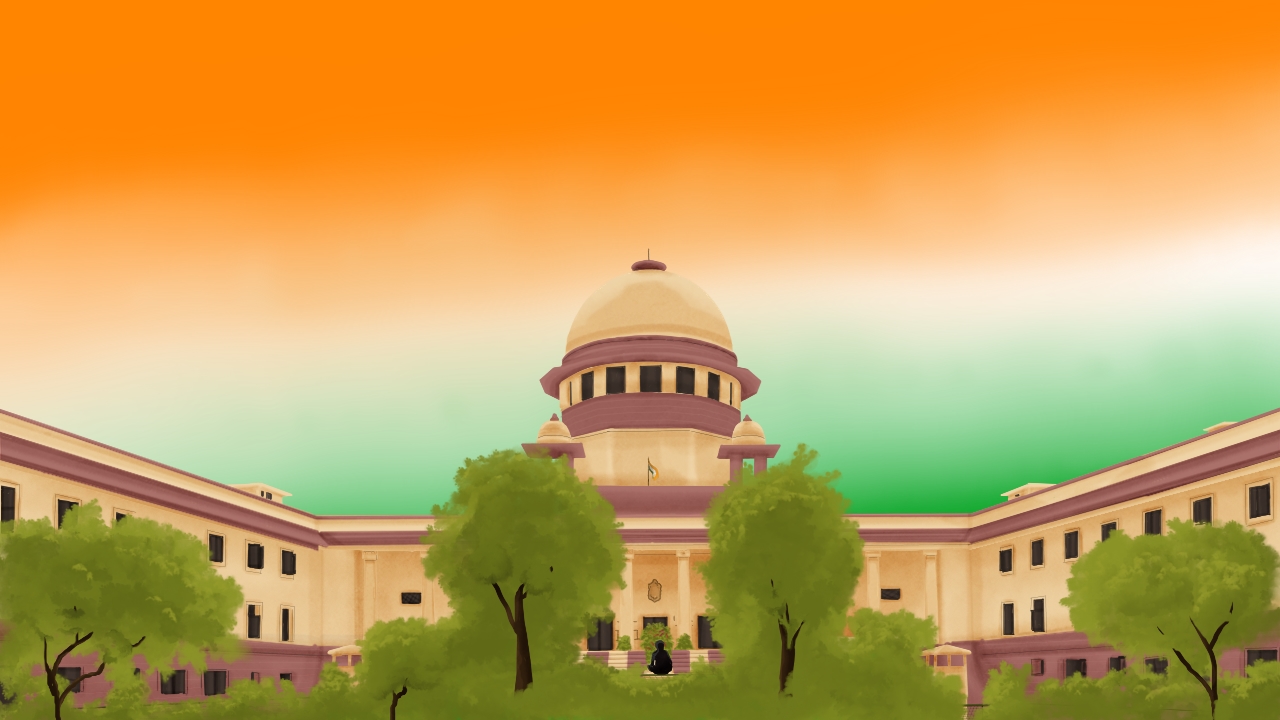PIL Moved For Constitution Of Transgender Person Welfare Board & Appointment Of A Standing Committee To Investigate Reports Of Gross Abuse By Police Against Transgender Persons

A Public Interest Litigation has been moved before the Supreme Court, pointing out glaring defects in the 2019 Act passed to protect Transgender Rights and further seek a writ to constitute ‘Transgender Person Welfare Board’ to address community specific-issues. It also seeks to appoint a Standing Committee comprising of Station House Officers, Human Rights, and Social Activists, to promptly investigate reports of gross abuses by the police against Transgender persons.
“The State has not shown the intention to see that its intention to protect the rights of the Transgender community, not only legislated but seen to be done practically,” the plea states.
The Petitioner draws attention to the following few defects in the Bill passed by the Parliament for Transgender Rights:
- Despite the Supreme Court pronouncement in NALSA v. Union of India passed by Bench comprising of Justice KS Radhakrishnan & Justice A.K Sikri on April 15,2014 , a Trans person is to be certified as a ‘Trans’ by a District Magistrate. Unless the person undergoes sex reassignment surgery, the certificate will only recognize the person as Transgender and not the gender they identify themself as.
- The Bill does not follow the Standing Committee’s recommendation on a Screening Committee. The Bill states that a person will be recognized as ‘transgender’ based on a Certificate of Identity issued by a District Magistrate. It is to be noted that the Transgender Persons (Protection of Rights) Bill, 2016 provided that a person will be issued a Certificate of Identity as a ‘transgender’ by the District Magistrate based on the recommendations of a District Screening Committee.
The District Screening Committee consisted of:
- Chief Medical Officer
- District Social Welfare Officer
- Psychologist or Psychiatrist
- Representative of the transgender community
- Government officer.
The 2019 Bill removes this provision.
- The meaning and implication of the term ‘self-perceived gender identity’ is unclear in the Bill.
- If a transgender person is denied a Certificate of Identity, the Bill does not provide a mechanism for appeal or review of such decision of the District Magistrate.
- It conflates Trans persons and intersex persons.
- The law passed by the Parliament is devoid of the concerns raised by social activists for Transgender equality and Rights.
- It outlaws discrimination against Trans persons but provides no penalties against such discrimination.
- It states that if the immediate family cannot care for a transgender person, they could be placed in a rehabilitation center after an order from a competent court. This violates Article 21 of the constitution, which guarantees the right to life and dignity.
- It clubs various forms of violence, from emotional to sexual abuse, under one head with a penalty of six months to two years, making it evident that the state believes sexual violence against Trans persons is a crime of less gravity than against cisgender women.
- Despite the verdict’s call for reservations, the Bill makes no such provisions.
With respect to the Rules framed thereunder, the plea says, “That the rules are beyond the scope of the Act. The rules empower the DM to reject an application for a Trans certificate and criminalize what the Act calls ‘false claims.’ By giving arbitrary power to the DM to reject the application, the 2019 Act violates the NALSA judgment.”
The petition also raises crucial questions regarding separate protocols concerning the health of transgender persons, including mental health issues. It points out inadequate representation of the community in the National Council for Transgender Persons. On the introduction of a new section that criminalizes ‘compelling or enticing’ a transgender person to indulge in forced labor, the plea says, “The need for the section should be under scrutiny, for when there is a pre-existing Bonded Labour System (Abolition) Act which criminalizes those employing bonded labor and is applied across persons with no discrimination on gender, the need for this provision is redundant. The only reason that can be foreseen for the presence of this section is to criminalize begging and sex work. The twisting of words doesn’t absolve the lawmakers of the repercussions it would translate in, during implementation.”
Furthermore, the plea highlights impacts of social exclusion, which demands prayers as made under the petition.
Case Title: Kinner Maa EkSamajik Sanstha Trust v. Union of India & Ors
